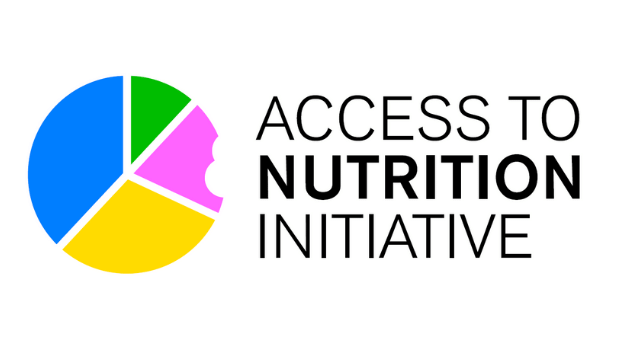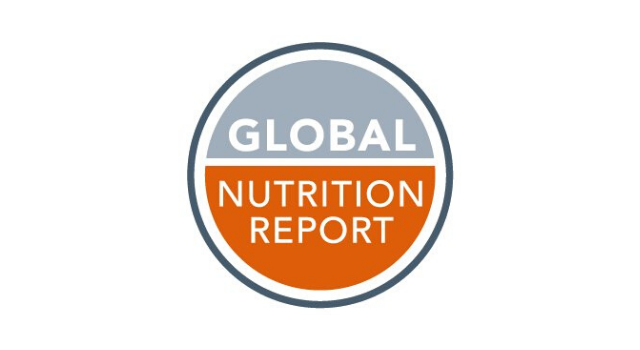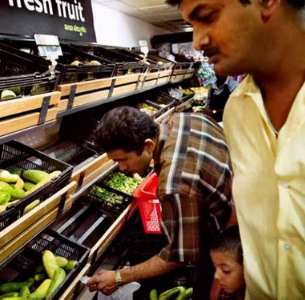ATNI is an independent non-profit organization based in the Netherlands dedicated to objectively assessing and improving the contribution the private sector makes to addressing global nutrition challenges. ATNI publishes the Access to Nutrition Index, which aims to encourage companies to both increase access to healthy products and also to responsibly exercise their influence on consumers’ choice and behaviour. The Index assesses and ranks the world's largest food manufacturing companies on their nutrition-related commitments, practices and performance globally.
Accountability top
We are pulling together the key initiatives, frameworks and debates around the private sector's impact on nutrition - for better and worse - and looking at how the other priority areas are defined.
The global challenge of malnutrition may seem far away from the technical issues of how to measure the impact of business on nutrition. But it is business – small and large, farmer and enterprise, shop and retailer – which grows and gets to market everything we eat. Unless we can improve the quality of diets – making them more nutritious, affordable and safe – the troubling acceleration of overweight and obesity, and stubbornly high vitamin and mineral deficiencies, hunger and stunting will remain.
Today 1 in 3 people are malnourished. Being able to track and measure the impact of business on food and diets is thus central. Business is both part of the problem and the solution to the current food systems challenges. It is critical that we all learn more about this dual impact and that we are able to track how it evolves. By increasing the effectiveness of tracking we will be better positioned to ask and assist businesses to be agents for positive change.
To do that, we need to strike a balance: between overcomplication which deters clear reporting, and too loose, failing to responsibly reflect performance.
Accountability initiatives


The Global Nutrition Report was conceived following the first Nutrition for Growth Initiative Summit (N4G) in 2013 as a mechanism for tracking the commitments made by 100 stakeholders spanning governments, aid donors, civil society, the UN and businesses. The report aims to inspire governments, civil society and private stakeholders to act to end malnutrition in all its forms. It also plays the important role of helping hold stakeholders to account on the commitments they have made towards tackling malnutrition.

World Benchmarking Alliance (WBA) seeks to generate a movement around increasing the private sector’s impact towards a sustainable future for all. WBA is developing transformative benchmarks that will compare companies’ performance on the SDGs. The benchmarks will be backed by the best available science, while leveraging existing international norms and standards. The benchmarks will aim to empower all stakeholders, from consumers and investors to employees and business leaders, with key data and insights to encourage sustainable business practices across all sectors.



